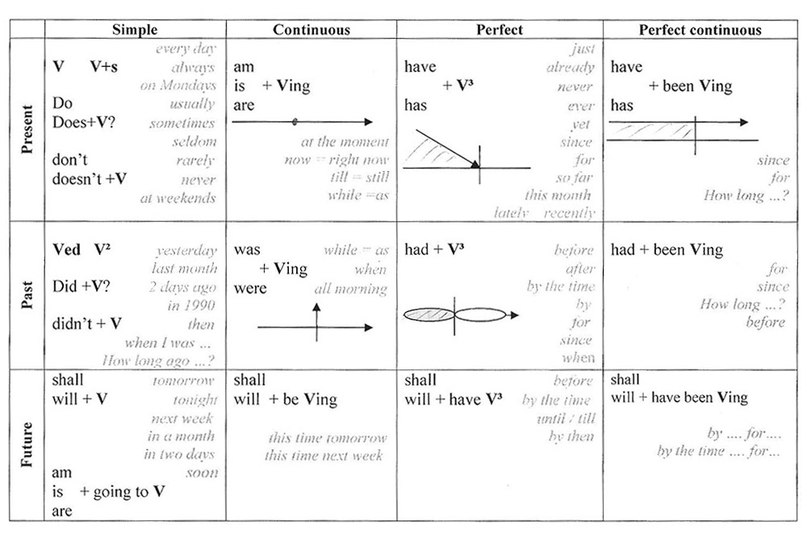


The work will need to begin before sunrise if we want to finish in one day.We have only just begun to learn about the word begin, so let’s look at some example sentences that show how we typically use begin, began, and begun. However, several other irregular verbs follow a similar spelling change pattern to begin, in which an i changes to an a in the past tense and to a u when used as a past participle: present tenseĮxamples of begin, began, and begun used in a sentence The closest irregular verb to begin is the verb spin, which changes spelling to spun in the past and past participle forms. Most other verbs ending in –in, such as thin, skin, and sin, are regular verbs. No other verb follows the exact conjugation pattern of begin. The imperial traditions were begun by Emperor Augustus.The chorus of loud meowing was begun by a fat, shaggy cat.When used this way, it’s used with the various forms of the helping verb be. Like all other past participles, begun is also the form that’s used in the passive voice. When the trumpets start blaring, it means the games have begun.
REGULAR VS IRREGULAR PAST TENSE VERBS MOVIE
The movie has already begun, and we haven’t bought popcorn yet.The phrase have begun is used with any other subject, including first-person singular and plural, second-person singular and plural, and third-person plural. The verb phrase has begun is used with a third-person singular subject (except with singular they ). Past participles are preceded by the auxiliary verbs have, has, and had to form the perfect verb tenses. Before I began my painting, I had sketched out what I wanted to paint.Īnd the past participle form of begin is begun.Last night’s celebration began with fireworks.Instead of begined, the past tense is began. The parade will begin outside the fire station.Ī verb is typically considered to be irregular if its past tense or past participle is formed without using the standard –ed or –d endings used in regular verbs ( walked, saved ).The animal shows begin with dancing bears.Begin is the base form of the verb, which can be used in the present tense and future tense ( will begin ) and as an infinitive ( to begin ). In this article, we will explain how and when to correctly use begin, began, and begun, explain why begin is considered an irregular verb, identify some verbs similar to begin, and provide examples of how we use begin, began, and begun in sentences. Begun is the past participle form, which is used to form the present perfect tense ( has/have begun ) and the past perfect tense ( had begun ) and is used in passive voice constructions (as in The novel was begun by the author but finished by his daughter ).ĭo you know why the past tense of begin is began and the past participle is begun ? If not, you can begin to understand by reading on. Began is the past tense form, as in The party began this morning. Begin is the base form, which can be used in the present tense and the future tense ( will begin ) and as an infinitive ( to begin ).


 0 kommentar(er)
0 kommentar(er)
